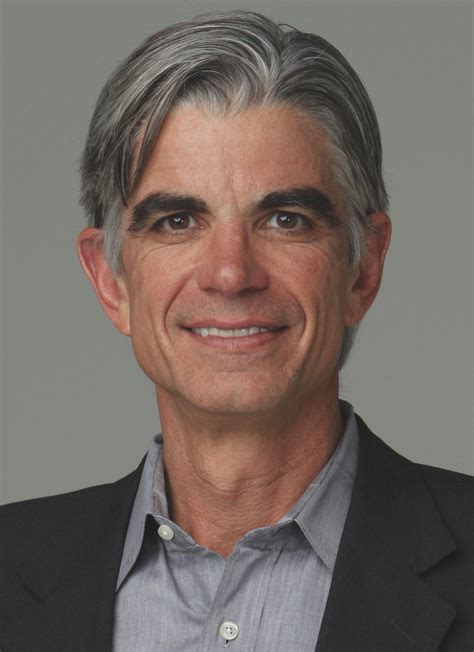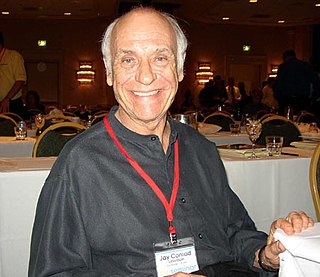A Quote by Michael Moss
What I found, over four years of research and reporting, was a conscious effort — taking place in labs and marketing meetings and grocery-store aisles — to get people hooked on foods that are convenient and inexpensive.
Related Quotes
It's not just a matter of poor willpower on the part of the consumer and a give-the-people-what-they-want attitude on the part of the food manufacturers. What I found, over four years of research and reporting, was a conscious effort... to get people hooked on foods that are convenient and inexpensive.
You know what the bodega is? It's the little Latin store, and they try to act like it's a grocery store. It has two aisles. And the guy, he always tries to help me, 'You looking for the bread?' I was like, 'Dude, I can see it right here, alright.' He's like, 'Hey, hey, it's in aisle two.' That's all you got, what are you talking about?
I found marketing to be highly descriptive and prescriptive, without much of a foundation in deep research. I brought in economics, organization theory, mathematics, and social psychology in my first edition of Marketing Management in 1967. Today Marketing Management is in its 15th edition and remains the world's leading textbook on marketing in MBA programs. Subsequently, I wrote two more textbooks, Principles of Marketing and Marketing: an Introduction.
In fact, even in that store Draeger's they had 348 different kinds of jam actually in the jam aisle. And what we found over about, say, 10 years of research is that as the number of choices actually increase people are less likely to make a choice and sometimes they do this even when it's really bad for them.
































